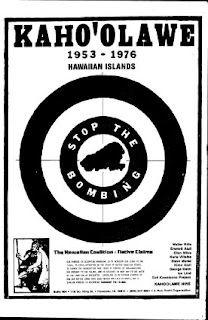
Grandpa Joe and Eliza Carter, June 30th 1904
We all lived at Laburnum when I was a child: Grandfather and Grandmother; Father, Mother and I, the three of my four uncles who weren't yet married; and assorted relatives, friends, servants and dogs. The big old house had room for us all, and there was room around it for stables and barns, gardens and orchards, pastures and cornfields, with blackberry bushes for the summer and chinquapin tress for the fall. Only two miles down the road was the city of Richmond, but it held no attraction for me. I was happy and complete at home.
from The Sword Over The Mantel: The Civil War and I published in 1960.

The grounds as seen from Laburnum, now part of the Richmond Memorial Hospital complex.
Now for the parts that did not make it into the book:
From table talk he picked up a new phrase that led to a spanking when I heard one of them describe another as 'nothin' but a nappy-headed fiel' han'. I was impatient for an opportunity to use the phrase, although I had no idea what it meant. The opportunity came soon, in the form of Lily, who promptly reported me to Mother, who as promptly gave me six of the best with the back of her hairbrush, It was repousse silver, I remember, and Mother assured me that for hours afterwards my stinging bottom bore the imprint of Cupids and rosebuds.
Everybody liked Johnny , but my brother and I loved him. He taught us to drive a car and to shoot a rifle. More than that, he was our friend and confidant. I was thirteen when I went off to boarding school (at Episcopal High School) and I stayed so wretchedly homesick for so long that Johnny used to write me letters of comfort. They came in pink envelopes addressed in indelible purple pencil which he would lick before printing each laborious word:
Mister. Joe. Bryan.
Apisabel. High. School.
Alexander. V.A.
When he was in especially high spirits, he would recite a poem about an old Negress going to "de sto'" to buy a palm-leaf fan. She can't make the storekeeper understand what she wants. Finally she tells him in desperation
It's a flip-flap-flooler
Summertime cooler
Good Gawd A-mighty, man
Don't you know?
It's one of 'em things
That goes jes so
Whenever he told us about something that had surprised him, he always said. "Ah say to mahse'f. 'Uh-hi! What dis heah?"
My brother and I still say it, in tribute to Johnny.
Years passed before I purged the Negro locutions from my speech--not all of them; I'm still likely to say, "He don't." But at my worst I was never as ungrammatical as my six-years-younger brother, Lamont. Even up to prep school, he talked like a parody of Amos and Andy.
With important guests in the next room, including a former British Prime Minister, Lamont was heard arguing with his cousin John Stewart ,Jr

















































